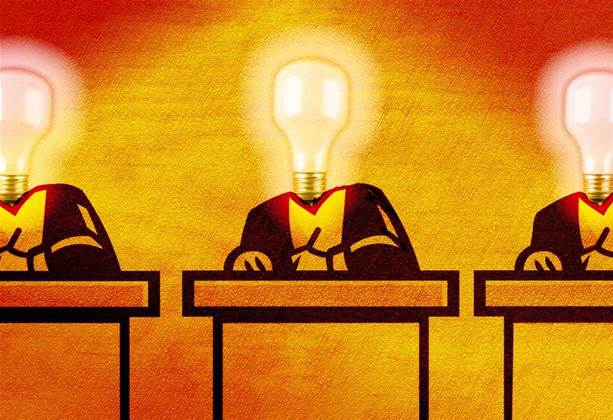Australia's sudden decision to sign a European cybercrime treaty could lay the groundwork for aspects of the controversial Anti-Counterfeiting Trade Agreement (ACTA), according to Electronic Frontiers Australia.

Last Friday, Attorney-General Robert McClelland and Minister for Foreign Affairs Stephen Smith announced that Australia would accede to the Council of Europe Convention on Cybercrime.
The Convention has been in effect since 2004 and encompasses offences pertaining to illegal system interference, forgery, fraud, child pornography and copyright infringement.
Like ACTA, the Convention requires its constituents -- more than 40 nations including the U.S., Japan and South Africa -- to facilitate law enforcement across international borders.
Electronic Frontiers Australia (EFA) spokesperson Geordie Guy highlighted concerns with search, seizure and real-time interception provisions in the Convention.
Under the treaty, a U.S. copyright holder could demand that an Australian Internet Service Provider (ISP) devote its resources to identifying subscribers who were suspected of copyright infringement.
And while Article 10 of the treaty criminalised copyright infringement only "where such acts are committed wilfully, on a commercial scale", Guy said the determination of a "commercial scale" could be open to interpretation.
"I'm personally concerned that lobbying by groups like AFACT would attempt to establish a ‘two copy rule', asserting anybody having more than a copy for the CD player in the house and one for the CD player in the car must be commercial scale," he said.
"It makes non-commercial copyright infringement a criminal offence, which seems like a bit of a long bow to draw."
"This is kind of a way of sneaking that part of ACTA forward," Guy told iTnews. "It really is an advance party for the ACTA treaty."
ISPs also could be subjugated for the investigation of activities that were not considered crimes locally, he said, highlighting potential conflict between free speech and Thai sedition law.
The U.S., Japan, the European Commission and allies have been negotiating ACTA behind closed doors since 2008. Australia is represented in ACTA discussions by the Department of Foreign Affairs and Trade (DFAT), IP Australia and the Attorney-General's Office.
A DFAT spokesperson told iTnews in March that the Government had no intention of changing its domestic laws to harmonise with ACTA constituents. The department has since claimed that there is "nothing in the [Cybercrime] Convention that would require changes to Australia's copyright laws."
"An area of overlap between ACTA and the Convention concerns offences related to the infringement of copyright and other related rights," a DFAT spokesperson told iTnews today.
"Australia's intention to accede to the Convention does not affect Australia's participation in ACTA discussions. Furthermore, the Government does not seek to use ACTA to drive change in Australia's domestic IP laws."
However, a spokesperson for the Attorney-General's department said some legislative changes had to be made to domestic law before Australia could accede to the Convention.
He said changes had already been made on an ongoing basis, citing the insertion of cyber offences via the Cybercrime Act 2001 to the Criminal Code Act 1995.
"In order to complete the process a number of further amendments are required," he told iTnews.
While it had not been consulted prior to Friday's announcement, EFA remained hopeful that DFAT would issue a call for submissions on the decision.
Guy said the EFA would work on bring the cybercrime treaty to public attention, and fight new legislation "on an individual basis".
"We'd prefer that Australia does not accede to the treaty," he told iTnews. "[But] even though the war -- in effect -- may have been lost - it may be that some battles can still be won."


_(20).jpg&h=140&w=231&c=1&s=0)
_(28).jpg&h=140&w=231&c=1&s=0)
.png&h=140&w=231&c=1&s=0)






 iTnews Benchmark Awards 2026
iTnews Benchmark Awards 2026
 iTnews Executive Retreat - Security Leaders Edition
iTnews Executive Retreat - Security Leaders Edition
 iTnews Cloud Covered Breakfast Summit
iTnews Cloud Covered Breakfast Summit
 The 2026 iAwards
The 2026 iAwards












_(1).jpg&h=140&w=231&c=1&s=0)



